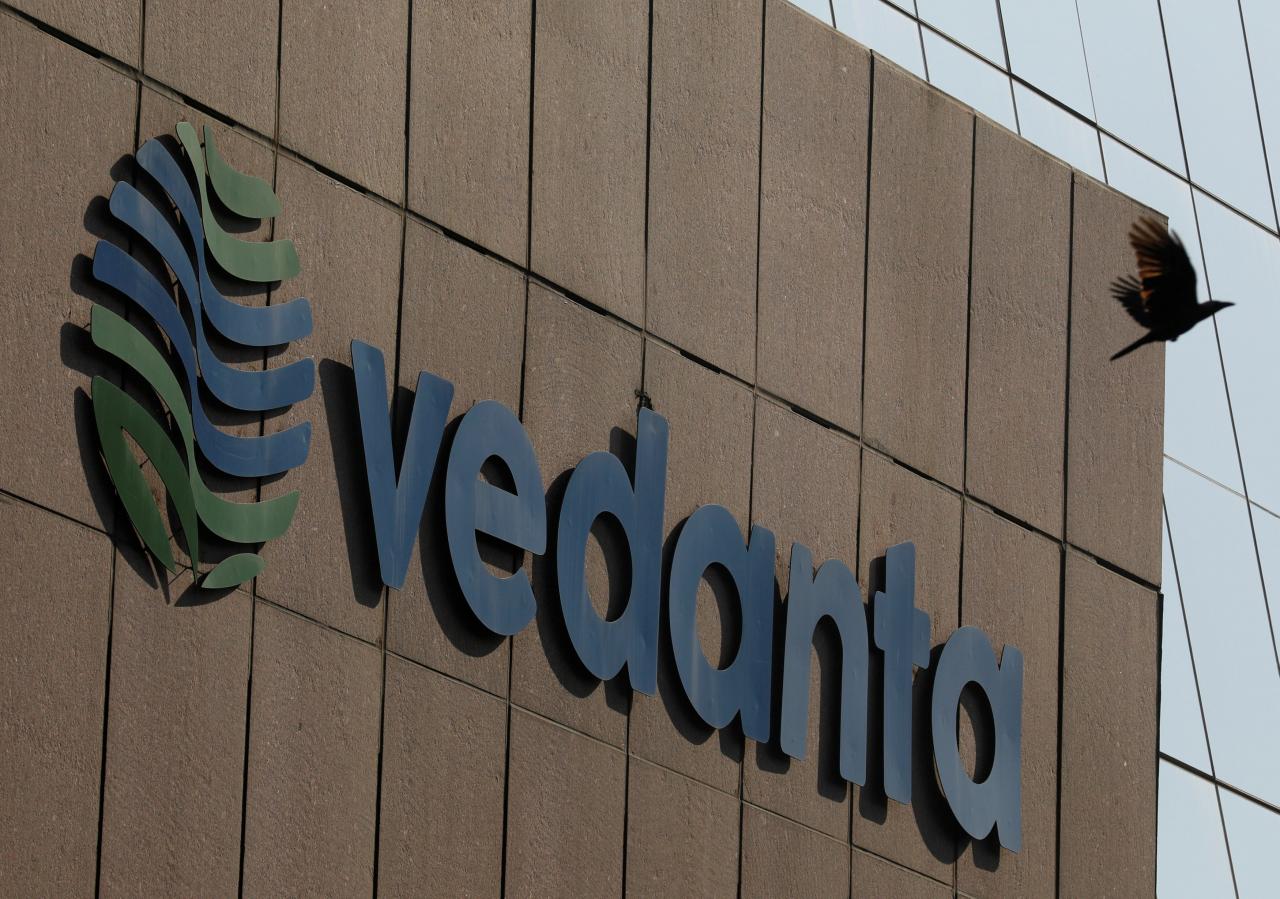On October 10th, mining major Vedanta in a regulatory filing declared its delisting offer is deemed to be unsuccessful. According to the company, a large number of unconfirmed orders is the reason.
In the Delisting supply, the entire range of supply Shares with validity tendered by the general public Shareholders is one,25,47,16,610 supply Shares, that is a smaller amount than the minimum of Offer Shares required to be accepted by the Acquirers in order for the Delisting Offer to be successful in terms of Regulation 17(1)(a) of the Delisting Regulations, therefore, the Delisting Offer is deemed to be unsuccessful the stock exchanges.
On October five, the reverse book building method began for public shareholders to tender their shares and terminated on October nine. The floor worth for share tendering was set at ₹87.25 only. For victorious delisting of shares, as per laws, promoter material possession should cross the ninety p.c material possession limit.
Future of Vedanta
Within five working days from the closure of the bid period, which is October 16, 2020, the promoter group will have to make a clear announcement regarding the success or failure of the delisting offer, and the final exit price should be included too.
According to the analysts and brokerages, the offer price was well below the fair price even though the company has good growth prospects that made the share less attractive to the public shareholders.
The company may return the shares tendered to public shareholders, as it failed to acquire the required number of shares for delisting.
Analysts are of the view that the withdrawal from the delisting process may trigger an insider trading investigation. Probe in inside of unsteady stock costs throughout the amount let alone the very cumbersome norms creating it troublesome, if not not possible, to delist a corporation. Simply put, entry into the capital market for companies is relatively easier than exiting it looking at the regulatory process,” Joshi said.
According to Umesh Mehta of SAMCO Group, the panic-selling of Vedanta will be an opportunity to buy the value and high dividend-yielding stocks at a discounted price.
Mehta is very sure that, Vedanta can be multi-bagger as the commodity will see a big rally in the next 10 years due to unprecedented helicopter money.
KRChoksey Research believes Vedanta’s revenue and PAT over FY20-22E to grow at a CAGR of 1.3 percent and 4.3 percent, respectively.
KRChoksey mentioned in a report, we apply an EV/EBITDA multiple of 4.3 times on FY22E EBITDA of Rs 23.378.70 crore to arrive at a target price of Rs 168, an upside capability of 36.5 percent.
Taking into thought the prospects that the corporate needs to supply with the completion of the growth in atomic number 30 capability, price reduction in metal and ramp-up within the
gas phase, the corporate incorporates a sensible likelihood to examine earnings grow from FY22 forward, it said.
Vedanta will surely witness repressed demand post-resumption of economic activity of COVID-19 pandemic coming to end. The recent recovery in metal costs provides a higher image of Q2FY21 result for the corporate,” KRChoksey aforesaid.
Yash Gupta, Equity Research Associate, Angel Broking said as per the reverse book building process the discovered price works out to be Rs 320 which is significantly higher than the current market price. Now we need to see whether the promoter group accepts this offer or comes up with a counteroffer.
CNBC-TV18 in their reports mentioned, global financial firm Citi is comparatively a little optimistic and has a ‘buy’ call on Vedanta, but it cut the target price recently to Rs 130 from 150 and declared that the balance sheet and minority shareholder worries will put downward pressure.
Vedanta’s FY21-23 EBITDA estimates are slashed by Citi by 1-4 percent.
Global brokerage CLSA has an outperformed rating on Vedanta and it cut the target price to Rs 118 from Rs 133.
According to CNBC-TV18, CLSA the focus is likely to remain on debt concern at the parent company. CLSA in the near-term expects the stock to react negatively.
CLSA believes that the boost in inter-co loans could be negative for minority shareholders.
While CLSA underscored that the high dividend payout would be perceived positively, it said it would await clarification of these issues before changing the rating.

